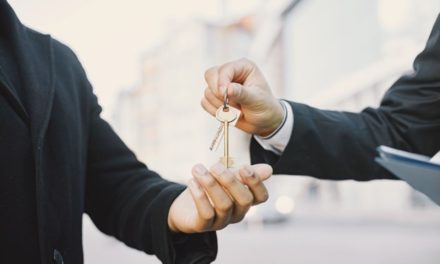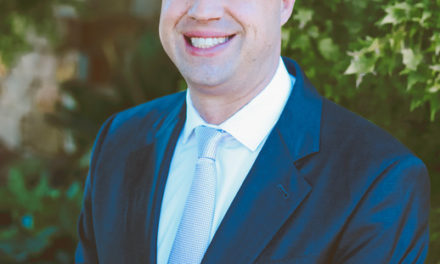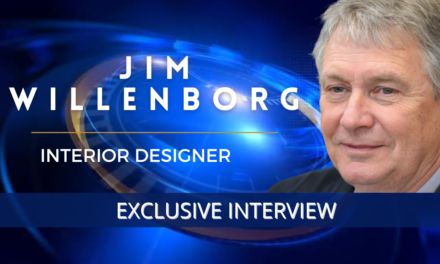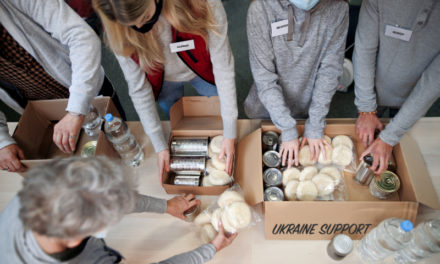Carl Medearis is an esteemed real estate developer and investor based in Elizabeth, Colorado, known for his innovative approach to transforming and revitalizing underused landscapes into vibrant, sustainable communities. With a profound commitment to ethical practices and a deep understanding of the socio-economic dynamics of development, Carl has led numerous successful projects that have positively impacted rural and small-town America.
Educated at the University of Colorado in Colorado Springs, Carl holds degrees in History and Education, providing him with a unique perspective on integrating cultural heritage into modern developments. His work meticulously preserves local history while infusing contemporary design and technology, aligning with his philosophy of sustainable and community-focused development.
Beyond his professional endeavors, Carl Medearis is passionate about woodworking and golf, hobbies that reflect his appreciation for craftsmanship and outdoor activities. His dedication to community involvement and development extends beyond business, as he actively participates in local charities and educational initiatives, striving to enhance the quality of life in the regions he develops.
Carl Medearis’s leadership in real estate continues to set standards for development, combining innovative solutions with responsible practices to shape the future of communities across Colorado.
What initially drew you to focus on rural and small-town development projects?
I’ve always been captivated by the unique character and potential of rural areas and small towns. These places often hold deep historical roots and a sense of community that you don’t find elsewhere. My interest is not just in development but in revitalization—helping these communities thrive while maintaining their identity. The slower pace, natural beauty, and untapped potential for growth make these projects not just business opportunities but personal passions.
How do you determine that a real estate project is a good fit for you and your company?
A project needs to align with our core values of sustainability, community enhancement, and economic viability. We look at whether the project can improve the quality of life in the area, its environmental impact, and if it can be financially sustainable without cutting corners. The potential for a lasting positive legacy is what turns a good project into a great one for us.
Can you discuss how you incorporate sustainable practices into your developments?
Sustainability is at the forefront of all our projects. We aim to minimize environmental impact through green building practices like using sustainable materials, optimizing energy efficiency, and integrating the development into the surrounding ecosystem rather than overtaking it. We also focus on creating developments that promote sustainable lifestyles, such as walkability, community gardens, and access to public transportation.
What challenges have you faced in maintaining ethical standards in your industry, and how have you overcome them?
Real estate development is fraught with opportunities to cut corners, especially under financial or time pressures. Maintaining ethical standards means being transparent with stakeholders, adhering strictly to regulations, and sometimes, making tough decisions that may not align with the easiest or most profitable path. Overcoming these challenges involves a strong company culture that values integrity over quick gains, continuous education about industry standards, and a commitment to long-term success.
What role does technology play in your development projects?
Technology is integral in streamlining construction processes, enhancing building functionality, and improving the sustainability of our projects. From the design phase using BIM software to manage and visualize projects, to smart home technologies that reduce energy use and enhance resident convenience, technology allows us to build smarter and more responsively.
How do you approach community opposition to new development projects?
Community engagement is crucial. We approach opposition as an opportunity to dialogue, understand the concerns at hand, and adjust our plans to address them. This means holding community meetings, providing transparent information, and being flexible in our plans to ensure that the development serves the community’s needs as well as our own objectives.
Looking forward, what emerging trends do you believe will shape the future of real estate development?
I believe the future of real estate development will be significantly shaped by increased demand for mixed-use spaces that blend residential, commercial, and recreational uses, especially in suburban and rural areas. Additionally, the growing importance of resilience in planning—thinking about how buildings can withstand climatic changes and serve communities in times of crisis—will influence future designs and location choices.
What project are you most proud of, and why?
One project that stands out is the redevelopment of a historic farm into a community-focused retail and residential space. This project preserved the farm’s original structures and transformed the area into a vibrant community hub. It’s a testament to our commitment to preserving cultural heritage while adapting to modern needs. The success of this project in fostering community spirit and economic vitality is something I am particularly proud of.
How do you see your role in the broader community beyond being a developer?
Beyond development, I see my role as a facilitator of community growth and sustainability. This involves not just building spaces but also building relationships and supporting community programs. Whether it’s through sponsoring local events, supporting educational initiatives, or participating in urban planning committees, I am committed to being an active participant in the communities where we work.
Finally, what advice would you give someone starting in real estate development today?
My advice would be to focus on learning as much as possible about both the business and the craft of development. Understand the markets, the communities you serve, and the environmental impacts of your work. Build relationships and maintain your integrity, as your reputation will be your most valuable asset. Lastly, always be prepared to adapt—both to successes and failures—as each project will teach you something new.



